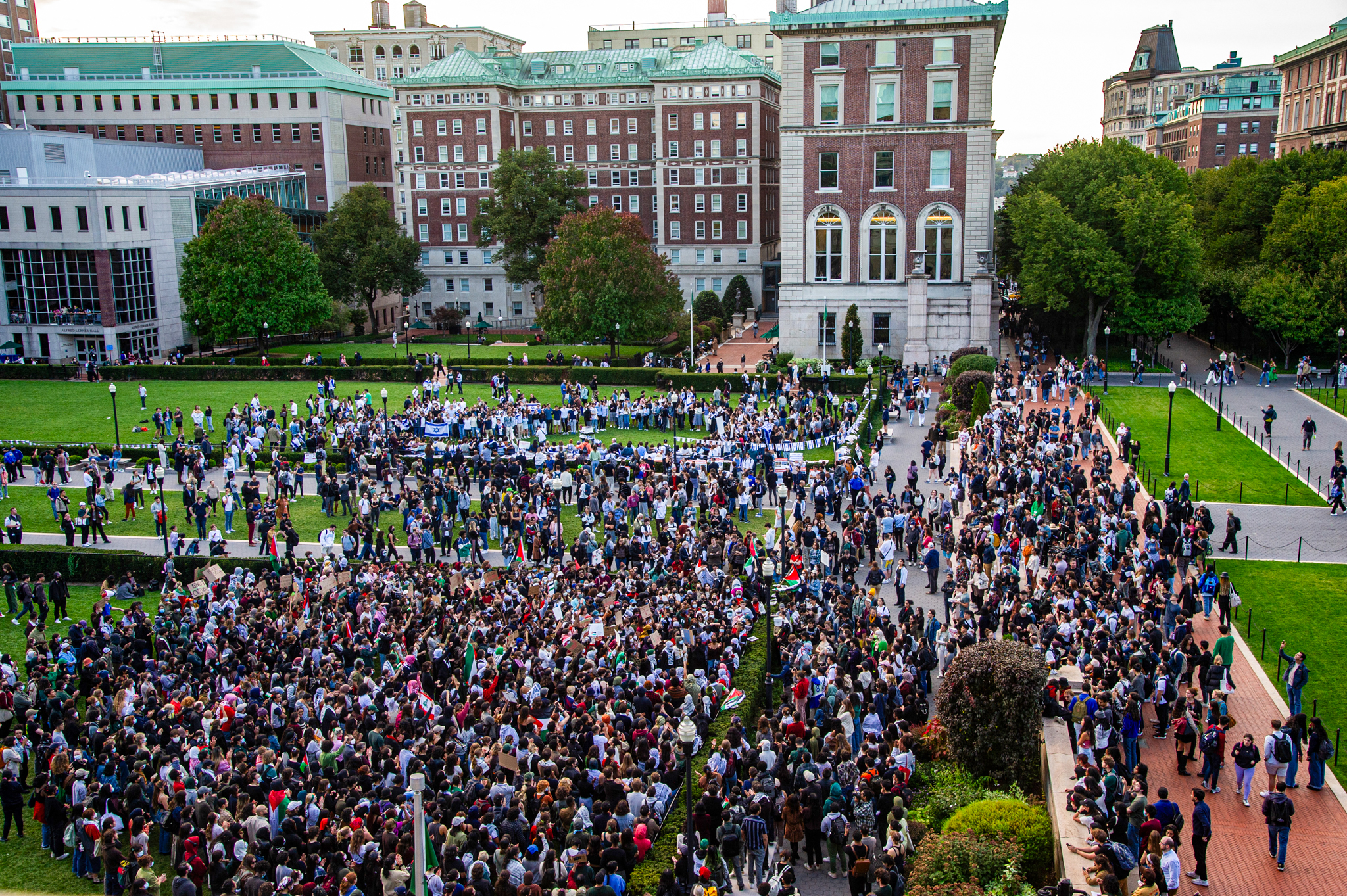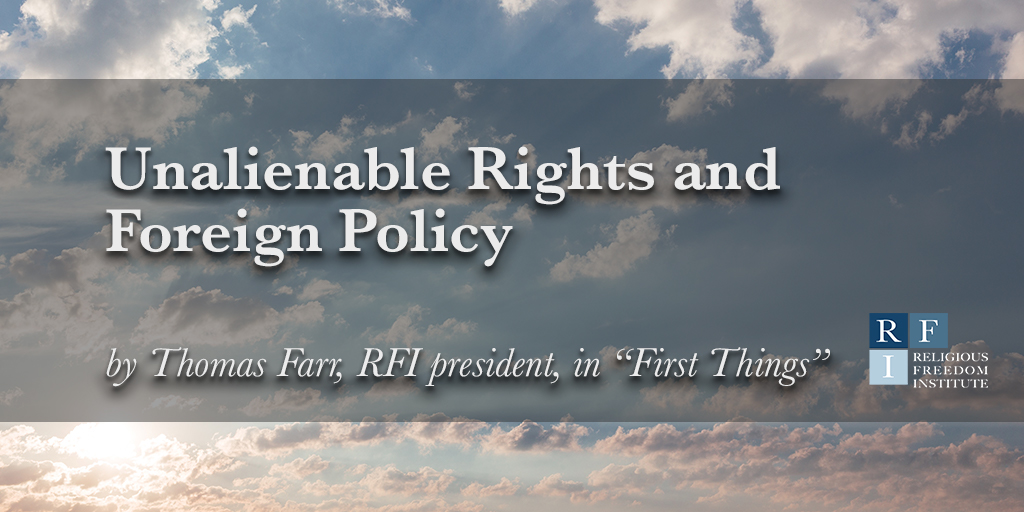In an article appearing at First Things, Thomas Farr, president of the Religious Freedom Institute, commented on the announcement of a “Commission on Unalienable Rights” at the U.S. Department of State.
“On May 30,” Farr began, “a surprise notice in the Federal Register roiled the landscape of international human rights advocacy. The U.S. Department of State announced that it was establishing a ‘Commission on Unalienable Rights’ to advise Secretary Mike Pompeo.”
While forging a consensus on the meaning of these unalienable rights will be profoundly challenging, there is an important empirical basis on which the Commission might proceed. It begins with recognizing that, as Farr put it, “Those rights the founders considered natural, unalienable, and God-given are precisely the rights that yield public goods.”
Farr also noted that religious freedom is at the center of these unalienable rights: “The founders guaranteed religious ‘free exercise’ in the First Amendment because they believed the rights of conscience to be the first of our unalienable rights.”
The composition of the Commission provides an encouraging sign that religious freedom will be prioritized in its deliberations. In his July 8 announcement, Secretary Pompeo appointed two members of RFI’s Board of Advisors to the Commission: Sheikh Hamza Yusuf Hanson and Jacqueline Rivers.
Farr concludes his article by reflecting on the nature of the Commission’s critical undertaking:
“If there are certain rights whose existence is self-evident, given by God and discoverable by human reason, their existence will be vindicated. The question for commissioners is whether, and to what extent, they can re-make the case for these truths.”
Read the full article: Unalienable Rights and Foreign Policy.
THE RFI BLOG

A Call to End Anti-Semitism on America’s College Campuses

The Horrendous and Maddening Anti-Semitism in New York City

Religion, the ‘Russian World,’ and the War Against Ukraine

Religious Freedom Is Back on the UK’s Agenda

Be More Faithful, Become More Resilient: An Invitation to Religious Institutions
CORNERSTONE FORUM

Public Bioethics & the Failure of Expressive Individualism

Religious Liberty in American Higher Education

Scotland’s Kate Forbes and the March of Secularism

70 Years of Religious Freedom in Sweden: Prospects and Challenges


